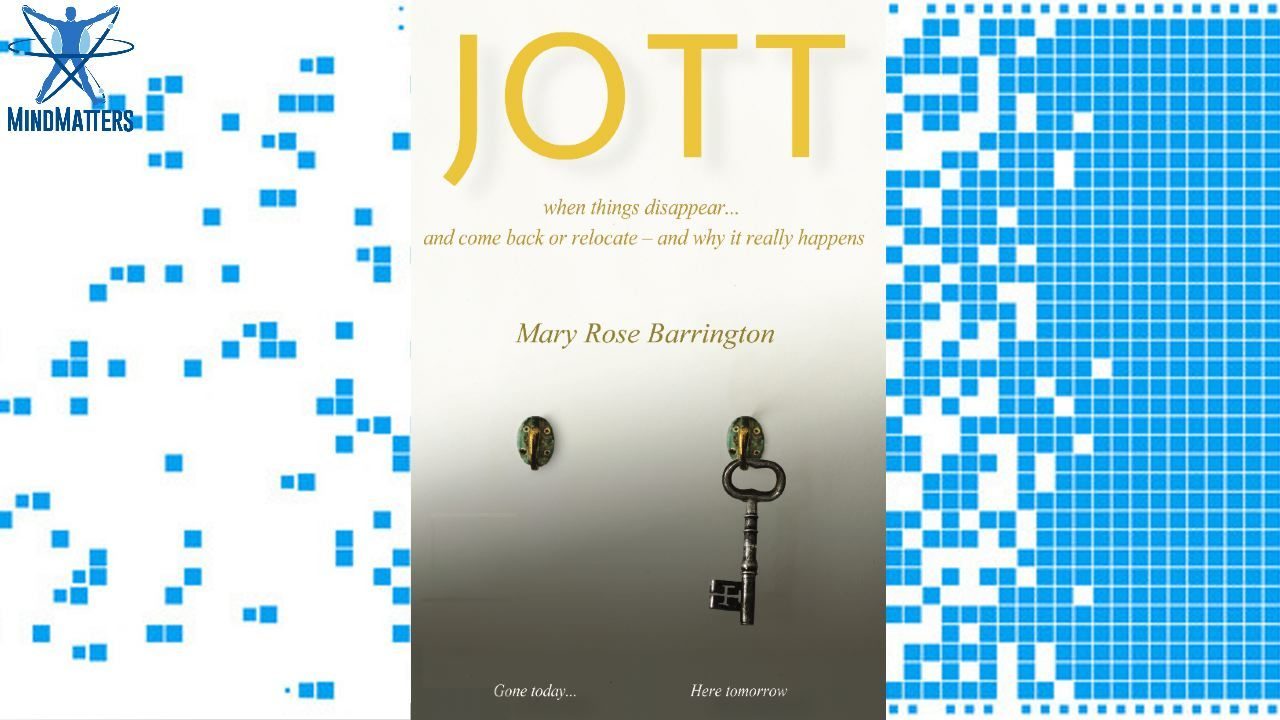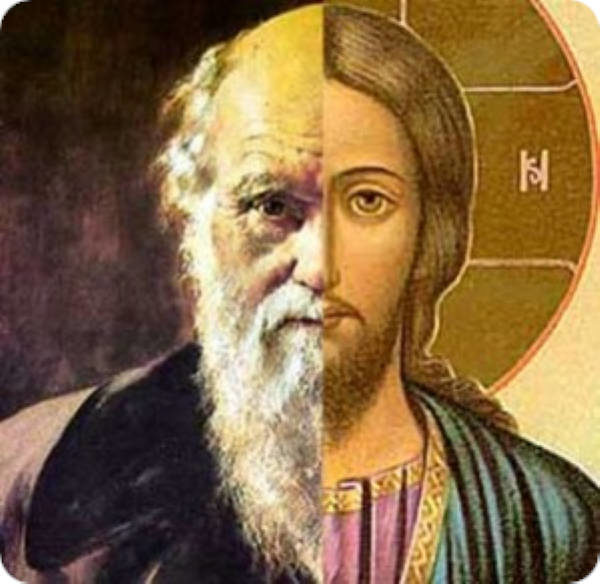When I started reading these books, I pretty much didn't know anything about the topic. I don't think I had even heard of random mutations before this. I did a lot of research of my own later, outside the books, because I became really fascinated with it, so I studied DNA and proteins and ribosomes and so on, but none of that is necessary in order to get the point. I mostly did that because I really wanted to be able to explain it to others. All the books I've read so far have been easy to understand
Read what you said earlier and did not get a chance to reply. As such, heck, its been an education reading along as you brought an additional light on the subject that could be shared far and wide.
Good one!



